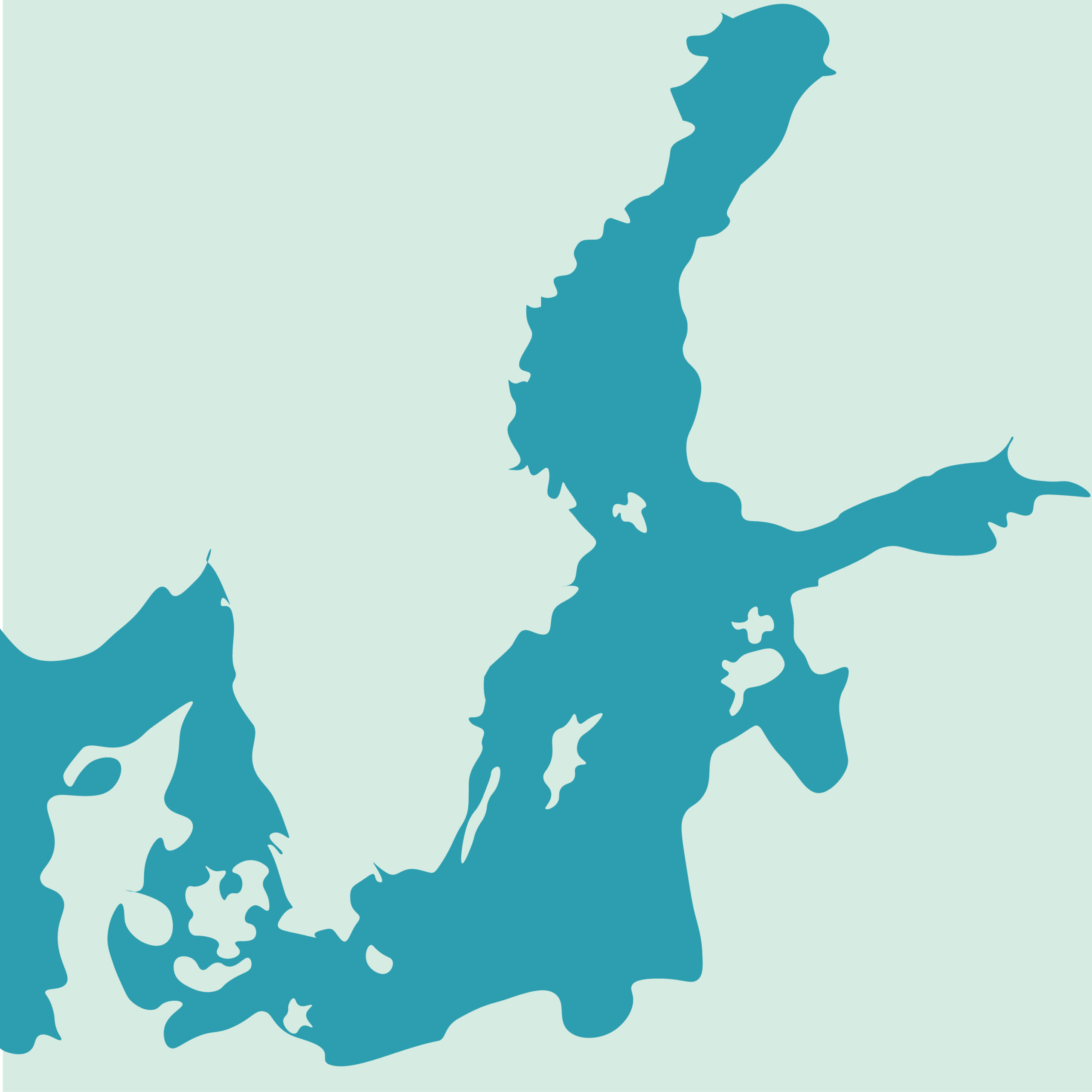The aim of BalticWaters Program for research projects and pre-studies is to support research that improves the understanding of the Baltic Sea environment, contributing to knowledge development about measures to restore and preserve ecosystems. Each year, the foundation awards grants to a number of projects, that have the potential to contribute to a healthier Baltic Sea environment and can form the basis for knowledge-based decisions for better management of our inland sea. This year, the foundation is awarding a total of more than 4.7 million to six projects:
Understanding and protecting the diversity of Baltic Sea herring populations
Monika Winder, Stockholm University
The Baltic Sea herring stock consists of a diversity of populations with different adaptations and migration strategies. The aim of the project is to investigate adaptations of herring in coastal ecosystems in the Stockholm archipelago. The results will provide information on which subpopulations of herring thrive best in this important part of the Baltic Sea – information that is important to guide management measures to secure coastal ecosystem health and protect the integrity and productivity of herring stocks.
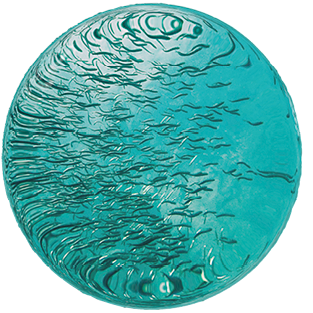
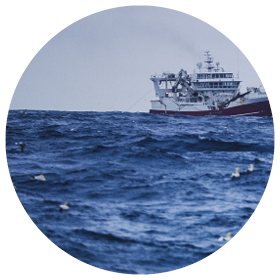
Effects of herring fishing on the Baltic Sea coastal ecosystem
Agnes Olin, SLU
Coastal fishermen and managers have long argued that the large harvest of herring by industrial trawlers in the Baltic Sea may force species such as grey seals and cormorants to move closer to the coast in search of food other than herring. This has not previously been investigated with scientific methodology – but will now be done within Agnes Olin’s project. If grey seals and cormorants eat more of the coast’s predatory fish, this may have effects on the entire coastal ecosystem – for example, the amount of filamentous algae may increase and thus exacerbate the symptoms of eutrophication.
Baltic cod larval physiology thresholds and optima: a molecular approach
Sebastian Politis, DTU
Human impact factors and climate change threaten Eastern Baltic cod. As natural reproduction and recruitment of cod is limited, restocking of cod larvae reared in hatcheries has emerged as a possible conservation strategy. Using controlled experiments, Sebastian will investigate the appropriate developmental stage for stocking cod larvae. He will use molecular tools to study the effects of different environmental conditions on larval hatching and release. The knowledge from this project will be an important piece of the puzzle for the ReCod project.
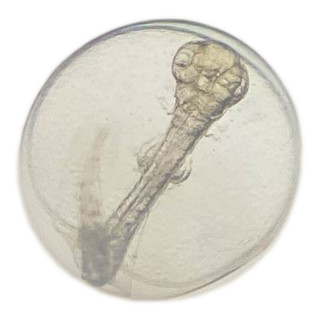
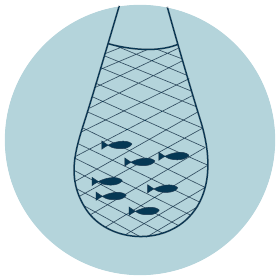
Does bottom trawling affect blue carbon storage in the Baltic Sea?
Clare Bradshaw, Stockholms University
Baltic Sea sediments can play an important role as carbon sinks. At the same time, trawling is carried out on these bottoms. Recent global studies estimate that bottom disturbance caused by trawling can impair carbon storage as it suspends the sediment. Clare will investigate the effects of bottom trawling on carbon turnover in the Baltic Sea. The results will provide important new data to support climate, environment, and fisheries management in the region.
Illustration: Louisa Juvall Molin
Implementation of sustainable business models in coastal fisheries that depend on, and maintain, the marine ecosystem services in the Baltic Sea
Cecilia Solér, University of Gothenburg
The aim of the project is to describe the measures required for coastal fishing in the Swedish part of the Baltic Sea to become competitive and be able to take local/regional responsibility for the fish resource. Cecilia will describe and analyse the economic conditions that currently characterise coastal fishing and then identify sustainable business models where it is profitable for activities in coastal fishing to protect fish stocks. The project will result in proposals on how and under what conditions coastal fishing can take greater responsibility for the management of fish stocks and contribute to Sweden’s food supply.
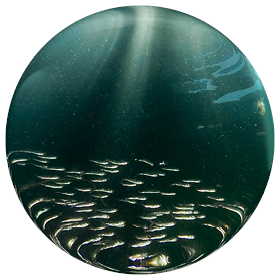
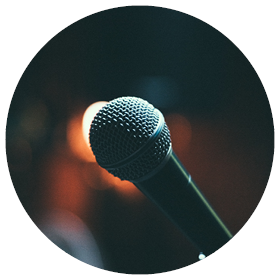
Fun Facts – Communicating Science Through Stand-Up Comedy
Ellen Schagerström, University of Gothenburg
Can stand-up comedy work to communicate science so that people become interested, understand better, and maybe even adopt and change behaviour? With the help of a stand-up artist and teacher, Ellen Schagerström will produce a 15-20 minute performance at the stand-up amateur club Big Ben in Stockholm. The performance aims to raise awareness and provoke thoughts around three themes: eutrophication, alien species, and seafood.
More in-depth information about each project will be available soon – stay tuned!

Read about the four projects that were funded in 2022 here.
